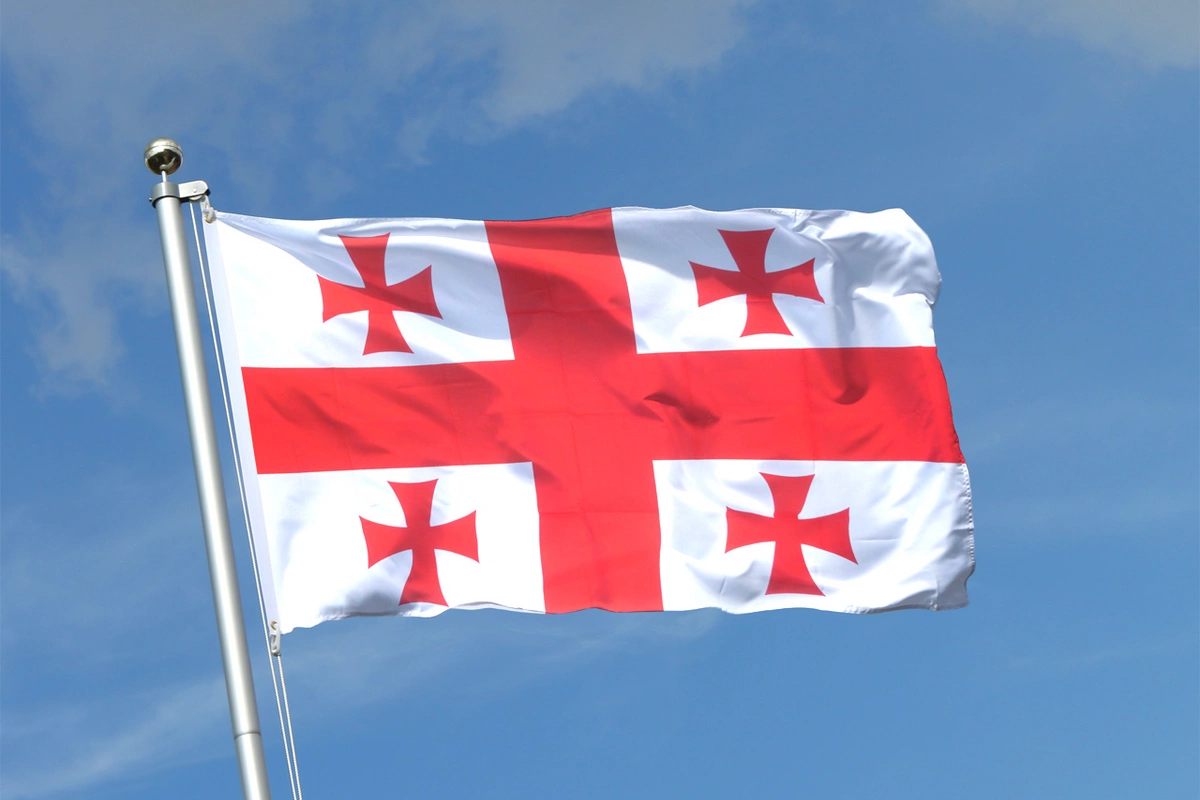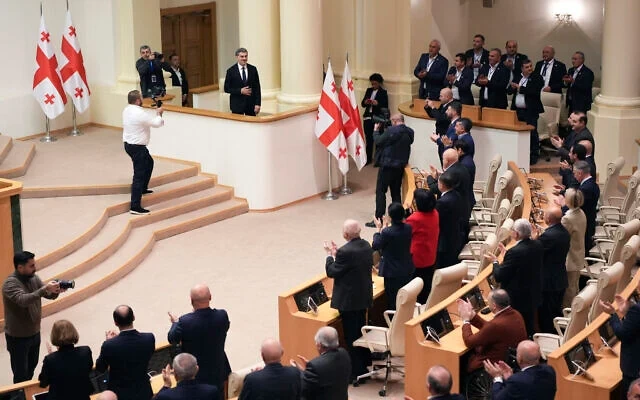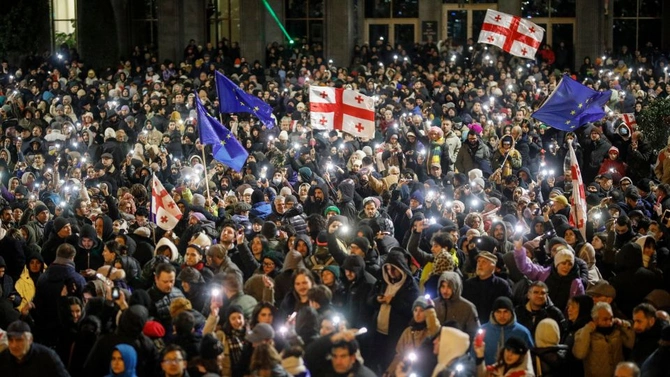
Photo: Shutterstock
The election of Mikheil Kavelashvili as the President of Georgia is a turning point in the country’s political landscape, reflecting the ruling Georgian Dream party’s evolving approach to the presidency. While the constitutional transition to a parliamentary system has relegated the presidency to a largely symbolic role, history has shown that even limited powers can lead to substantial political conflicts.
In Georgia, the presidency carries a symbolic weight that transcends its reduced legal authority. Former presidents Giorgi Margvelashvili and Salome Zourabichvili, who were initially supported by Georgian Dream, later found themselves in open disputes with the government. Utilizing the remnants of their authority, they often blocked key government initiatives, creating political deadlock. These clashes not only strained relations between government branches but also undermined the country’s political stability.
Kavelashvili’s election by the parliament signals an effort to mitigate these risks. Georgian Dream aims to ensure better alignment between the presidency and the parliamentary majority, avoiding the disruptive scenarios of the past. However, the challenges Kavelashvili faces go beyond his relationship with the ruling party.
Despite the ceremonial nature of the presidency, the office remains critical during periods of crisis. As a formally neutral figure, the president can serve as a mediator between the government and the opposition. This role is particularly crucial as Georgia navigates an increasingly polarized political environment and a wave of public discontent, driven by social and economic grievances. The ability to manage this unrest will test Kavelashvili’s political skills and define his legacy.

Photo: AP
France in the South Caucasus: Emmanuel Macron's New Strategy
French President Emmanuel Macron’s active engagement with Georgia highlights France’s strategic interests in the South Caucasus. The region has gained prominence in Paris’s foreign policy, particularly after the Second Karabakh War, which reshaped geopolitical alignments. France has since focused on strengthening ties with Armenia, positioning itself as a counterbalance to Turkish and Azerbaijani influence.
Georgia plays a pivotal role in France’s regional strategy. As a geographic bridge between Armenia and the West, Georgia’s stability and alignment with European interests are essential for maintaining France’s broader influence. Macron’s administration has invested diplomatic resources in the region, including efforts to build closer relations with Georgian officials and civil society.
However, this strategy has not been without challenges. France’s open support for Salome Zourabichvili during her presidency and its attempts to exert influence in Georgian politics have drawn criticism from the ruling party. Georgian Dream views such interventions as infringing on the country’s sovereignty, straining bilateral relations.
Macron’s recent outreach to Bidzina Ivanishvili, the founder of Georgian Dream, underscores the delicate balance France must maintain. On one hand, France seeks to protect its interests in Georgia and the region. On the other, it must avoid actions that could alienate the current government. This balancing act is critical for France’s long-term goals in the South Caucasus, especially as it faces growing competition from other regional and global powers.
To succeed, France will need a more nuanced approach, one that respects Georgia’s sovereignty while fostering cooperation. Such a strategy could strengthen France’s role as a mediator and stabilizer in the region, aligning with its broader objectives of promoting European influence in the South Caucasus.

Photo: PAP/EPA/DAVID MDZINARISHVILI
Protests in Georgia: The Calm Before the Storm?
Political tensions in Georgia have been simmering for months, culminating in mass protests. Although these demonstrations have subsided toward the end of the year, the underlying issues remain unresolved, and the potential for renewed unrest in 2024 looms large.
The temporary decline in protests can be attributed to seasonal factors, such as holiday preparations, and internal reorganization within opposition groups. However, the root causes of dissatisfaction-ranging from socio-economic challenges to perceived government inefficiencies-persist. The Georgian government faces a critical juncture: addressing these grievances through meaningful reforms or risking an escalation of public discontent.
One of the primary challenges for the government is navigating the country’s economic difficulties. Rising inflation, unemployment, and income inequality have fueled frustration among citizens, many of whom feel left behind by recent economic policies. If these issues are not addressed, they could become a rallying point for opposition movements, leading to heightened political instability.
Constructive dialogue between the government and opposition is essential to defuse tensions. However, trust between the two sides remains low, complicating efforts to find common ground. The government’s ability to offer tangible solutions and engage in good-faith negotiations will be critical in determining whether it can maintain control or face growing resistance.
On the international stage, Georgia’s relationships with European countries are increasingly important. European nations view Georgia as a strategic partner in maintaining regional stability, especially in light of ongoing tensions in the South Caucasus. Strengthening these ties could bring economic and political benefits to Georgia, helping to mitigate some of the domestic challenges it faces.
However, Georgia must also be cautious in its dealings with external actors. Over-reliance on foreign support could exacerbate internal divisions, particularly if such partnerships are perceived as compromising national sovereignty. Balancing these relationships will require careful diplomacy, ensuring that Georgia retains agency in shaping its domestic and foreign policies.
The protest movement in Georgia remains a significant variable in the country’s political equation. Its trajectory will depend on a combination of internal reforms and external pressures. For now, Georgia stands at a crossroads. Stability can only be achieved through the collective efforts of all political forces, a challenge that will require both vision and compromise.
Share on social media